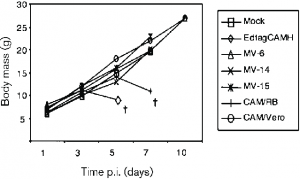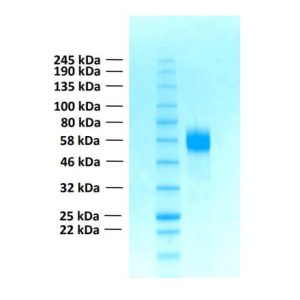Abstract
Basic neuroscience Recombinants research employs antibodies as key reagents to label, capture, and modulate the function of proteins of interest. Antibodies are immunoglobulin proteins. Recombinant antibodies are immunoglobulin proteins whose nucleic acid coding regions, or fragments thereof, have been cloned into expression plasmids allowing unlimited production. Recombinant antibodies offer many advantages over conventional antibodies, including unequivocal identification and digital archiving through DNA sequencing, reliable expression, easy and reliable distribution as DNA sequences and plasmids, and the opportunity for numerous ways to engineer improve its usefulness.

Recombinant antibodies exist in many different forms, each of which offers potential advantages and disadvantages for neuroscience research applications. I provide an overview of recombinant antibodies and their development. Examples of their emerging use as valuable reagents in basic neuroscience research are also discussed. Many of these examples employ recombinant antibodies in innovative experimental approaches that cannot be carried out with conventional antibodies. 2020 Wiley Periodicals LLC.
Keywords:
brain; immunocytochemistry; immunohistochemistry; intrabody; a neuron.

